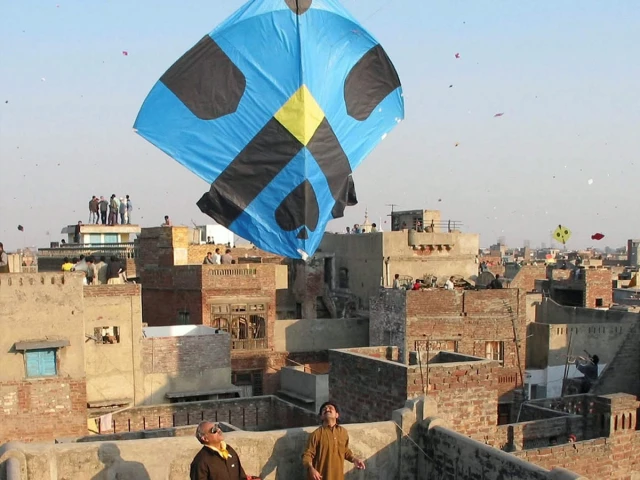- Met Office predicts mainly cold, dry weather RADIO PAKISTAN
- Mercury falls to ‘season’s lowest’ as cold wave grips Karachi Dawn
- PMD issues early warning as western system brings strong winds to Sindh The Express Tribune
- Westerly wave to…
Category: 1. Pakistan
-
Met Office predicts mainly cold, dry weather – RADIO PAKISTAN
-
Parties’ apathy to local govt weakens democracy: Kh Asif – Dawn
- Parties’ apathy to local govt weakens democracy: Kh Asif Dawn
- Local govts continue to be neglected despite crucial role in strengthening grassroots politics: Khawaja Asif Dawn
- Stronger LG system ‘necessary’ for Pakistan’s stability: Khawaja…
Continue Reading
-
Displaced by security operation, caught in snowstorm, over 1,500 rescued in Tirah – Dawn
- Displaced by security operation, caught in snowstorm, over 1,500 rescued in Tirah Dawn
- Heavy snowfall blocks roads, suspends power supply in parts of KP Dawn
- More snowfall set to sweep Pakistan’s north: PMD The Nation (Pakistan )
- All roads open…
Continue Reading
-
Displaced by security operation, caught in snowstorm, over 1,500 rescued in Tirah – Dawn
- Displaced by security operation, caught in snowstorm, over 1,500 rescued in Tirah Dawn
- Heavy snowfall blocks roads, suspends power supply in parts of KP Dawn
- More snowfall set to sweep Pakistan’s north: PMD The Nation (Pakistan )
- More rain,…
Continue Reading
-
Courts should not convert divorce cases into ‘khula’: SC – Dawn
- Courts should not convert divorce cases into ‘khula’: SC Dawn
- Second marriage without first wife’s consent may lead to criminal action: SC The Express Tribune
- Court cannot convert divorce plea into khula without woman’s consent: SC Dunya…
Continue Reading
-
Iran thanks Pakistan for ‘strong support’ at UN rights council – Dawn
- Iran thanks Pakistan for ‘strong support’ at UN rights council Dawn
- Iran FM thanks Pakistan for ‘strong support’ at UN Human Rights Council Dawn
- Iranian FM thanks Pakistan, Dar for opposing UN rights vote in Geneva The Express Tribune
Continue Reading
-
Pakistan seeks prompt settlement of issues relating to privatisation, operations of PTCL by UAE – Business Recorder
- Pakistan seeks prompt settlement of issues relating to privatisation, operations of PTCL by UAE Business Recorder
- Ishaq Dar visits Dubai to seek resolution of $799 million PTCL dispute with Etisalat Profit by Pakistan Today
- DPM vows to enhance…
Continue Reading
-
Plans finalised for 3-day Basant festival; Lahore to be divided into 3 zones – Business Recorder
- Plans finalised for 3-day Basant festival; Lahore to be divided into 3 zones Business Recorder
- ‘This is not a joke’: Punjab CM warns against violating rules ahead of Basant festivities in Lahore Dawn
- Playing clever, govt sends kites up as PTI…
Continue Reading
-
Pakistan seeks prompt settlement of issues relating to privatisation, operations of PTCL by UAE – Business Recorder
- Pakistan seeks prompt settlement of issues relating to privatisation, operations of PTCL by UAE Business Recorder
- Ishaq Dar visits Dubai to seek resolution of $799 million PTCL dispute with Etisalat Profit by Pakistan Today
- Pakistan deputy PM…
Continue Reading
-

Playing clever, govt sends kites up as PTI plans protest
LAHORE:The Punjab government has announced that the Basant Festival will be…
Continue Reading